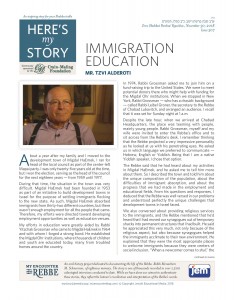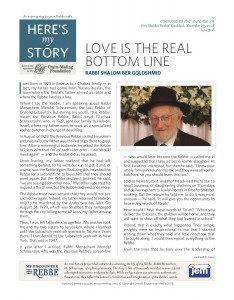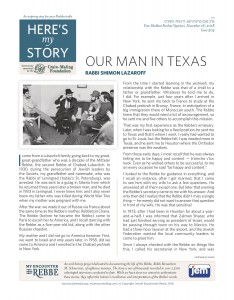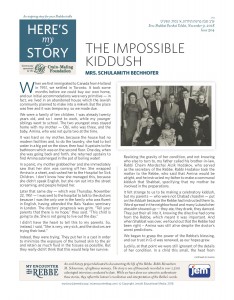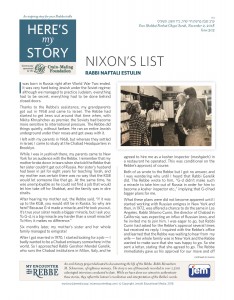Immigration Education
About a year after my family and I moved to the development town of Migdal HaEmek, I ran for head of the local council as part of the center-left Mapai party. I was only twenty-five years old at the time, but I won the election, serving as the head of the council for the next eighteen years – from 1959 until 1977.
During that time, the situation in the town was very difficult. Migdal HaEmek had been founded in 1953 as part of an initiative to build development towns in Israel for the purpose of settling immigrants flocking to the new state. As such, Migdal HaEmek absorbed immigrants from thirty-two different countries, but there wasn’t enough employment for all the people that came. Therefore, my efforts were directed toward developing employment opportunities as well as education venues.
My efforts in education were greatly aided by Rabbi Yitzchak Grossman who came to Migdal HaEmek in 1964 and with whom I forged a strong bond. He established the Migdal Ohr institutions, where thousands of children and youth are educated today, many from troubled homes around the country. (more…)


